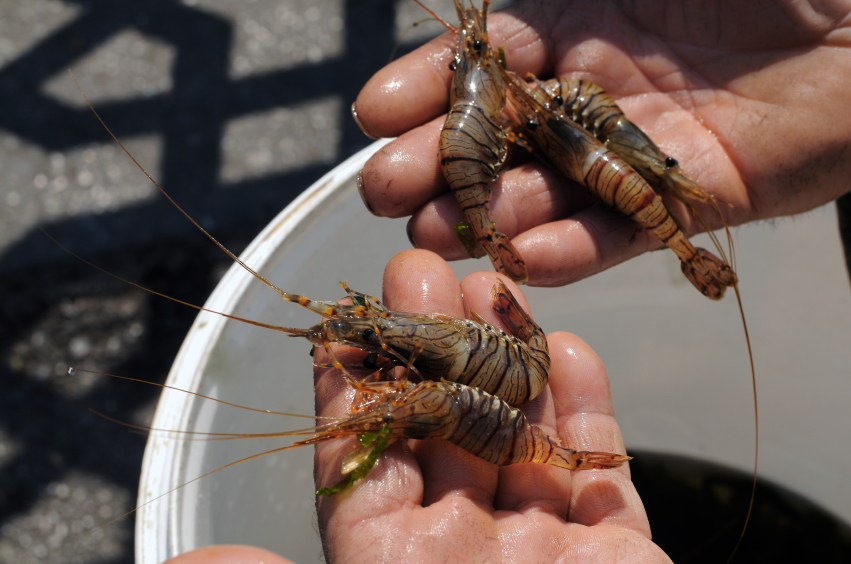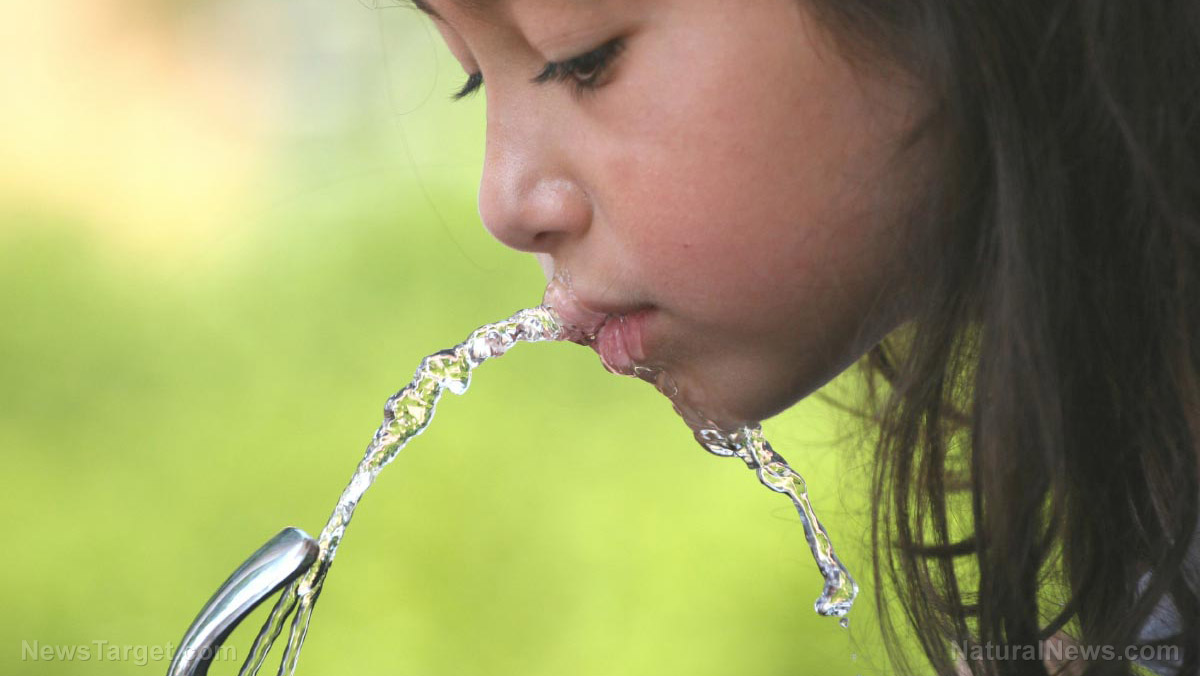Watch where you spray: Study reveals high pesticide exposure is linked to olfactory impairment in aging farmers
03/22/2019 / By Isabelle Z.

Some of the dangers of pesticide exposure are painfully obvious – just ask the many people suffering from non-Hodgkin lymphoma after years of exposure to glyphosate. However, some negative effects are far more insidious, sneaking up on people so slowly that they don’t even make the connection to pesticide exposure. Case in point: the poor sense of smell that many aging farmers are experiencing after using these chemicals.
A study carried out by researchers from Michigan State University uncovered the link and explained why this is more concerning than you might think. They looked at more than 11,200 farmers throughout a period of two decades. When the study began, 16 percent of those participating reported experiencing a “high pesticide exposure event.” Referred to as an HPEE, this might entail a problem like spilling a large amount of pesticides on their body.
Twenty years later, the farmers were asked if they were suffering from olfactory impairment, which is a loss of their sense of smell. The researchers found that those farmers who had reported an HPEE had a 50 percent greater likelihood of having a poor sense of smell in the follow-up. (Related: Continued exposure to pesticides increases your risk of these potentially deadly diseases.)
The researchers also found that washing immediately with soap and water following the event could reduce the risk. When compared to farmers who had never had an HPEE, those who did but washed within the first three hours of exposure had a 40 percent greater risk of smell problems, while those who waited four hours or longer to wash saw double the risk.
A few chemicals in particular stood out: the weed killers 2,4-D, pendimethalin, metolachlor, and alachlor, along with the insecticides lindane and DDT. In addition to being associated with impaired smell, other studies have linked exposure to these chemicals to neurogenerative diseases like Parkinson’s as well as dementia. Interestingly, a poor sense of smell is an early symptom of both diseases.
The study’s lead author, epidemiology professor Honglei Chen, said that choosing farmers for the study provides more reliable data than using the general population because they understand pesticides better and are more likely to recall which ones they used and when or if they experienced high exposures. Their findings were published in the journal Environmental Health Perspectives.
Your sense of smell is more important than you realize
If you’re familiar with the mix of smells that permeate the air in hospitals and nursing homes, two places that older people might spend significant amounts of time, you might think that losing your sense of smell as you age is a blessing in disguise. However, scientists say it’s no laughing matter; studies show that older people with a poor sense of smell actually have a greater likelihood of dying earlier.
Chen hopes scientists can learn more about the factors involved in this. He was recently awarded a five-year, $5 million grant by the National Institutes of Health to further explore the role of pesticides in olfactory impairment and how this relates to diseases like Parkinson’s and Alzheimer’s. His team plans to study 2,200 farmers, using home visits to assess motor symptoms and cognitive function as well as standard smell tests.
Losing your sense of smell can have a big impact on your life. The olfactory system is considered one of your body’s most vital warning systems, alerting you to the presence of potentially harmful substances in your environment like toxic gases and warning you away from spoiled foods. It can also affect your quality of life and reduce your enjoyment of food.
Pesticides are unquestionably dangerous to humans, and as this study shows, the extent of the damage isn’t always immediately apparent. That’s why it’s important to be very wary of manufacturers’ claims that these products are “safe”. They can make the data say whatever they need it to say to get their products approved and sell them, but large groups of people coming down with the same health problems after years of exposure to pesticides tell the real story.
Sources for this article include:
Tagged Under: DDT, environment, neurological damage, olfactory impairment, olfactory system, pesticide exposure, poisons, sense of smell, toxins


















